Chimney Contractor: Fireplace Tips To Consider As A New Home Owner
Have you just moved to a new house? Here are fireplace tips that you should consider:
Give high priority to fireplace safety
To have peace of mind that everything is in perfect order it’s recommended that you hire a chimney contractor to inspect the fireplace and fix even the most minor problem that might be there. Modern contractors are advanced in technology where they use videos to inspect the chimney lining. The video cameras come with high resolutions that enable the contractors pick even the smallest problems in the chimney.
In addition to the contractors picking the problems, they should also clean your chimney to ensure your safety.
Install a chimney cap
Most modern chimneys have chimney caps, but the older ones don’t have them. If you look up your chimney and all you can see is a round pipe or clay flue, you need to install a chimney cap. The chimney cap has many functions including:
- Preventing rain from pouring straight into the house thus damaging the flue and causing rust on the dampers
- Preventing unwanted critters from entering your home
- Preventing odor from dead animals that die in the chimney. The cap also prevents odors resulting from animal droppings that are unable to escape the chimney
- When installed with a wire mesh, the chimney functions as a spark guard where it prevents loose sparks from starting fire on your roof.
If your chimney doesn’t have the chimney cap, hire a chimney masonry repair professional to install it for you. The professional may recommend other renovations that might be necessary in keeping your chimney safe.
Fix loose chimney bricks and mortar
If you ask a good number of homeowners they will tell you that their chimneys are permanent. Due to this misconception, most homeowners rarely go up their chimneys. If you are buying an old house, your chimney is also old and you need to take a look at it. Common problems with old chimneys are: loose mortar and bricks. If this is the case with your chimney, hire a chimney repair professional to fix it for you.
During repair, also ask the professional to take a look at the chimney flashing and ensure that it hasn’t rusted. The flashing also shouldn’t let moisture seep through causing structural damage to your room.
Conclusion
These are chimney tips that you should put into consideration as a new home owner. For ideal results, work with a certified and experienced chimney company.
The post Blog first appeared on First Class Chimney Services.
This post first appeared on https://www.firstclasschimneyservices.com
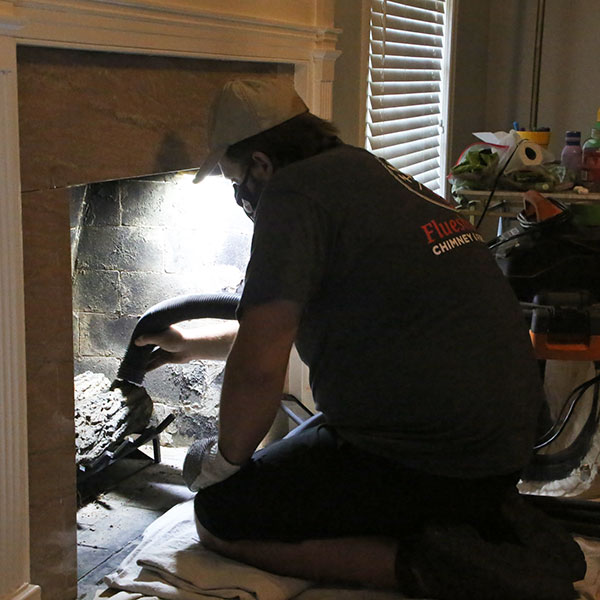 Hire a Chimney Sweep to Clean the Fireplace and Chimney.
Hire a Chimney Sweep to Clean the Fireplace and Chimney.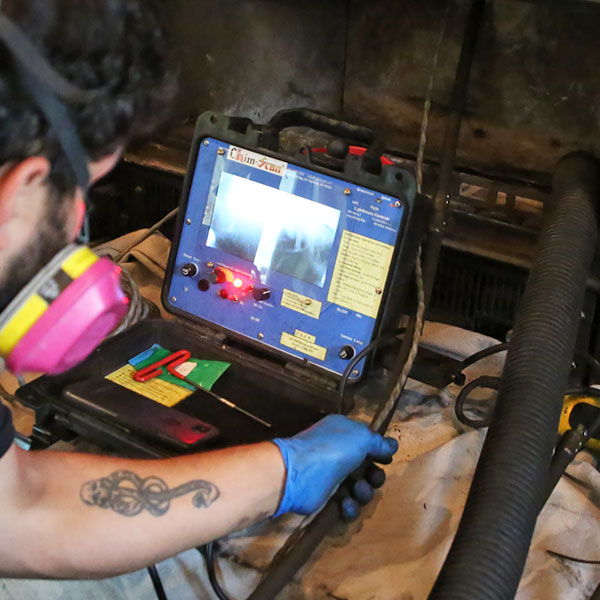 Get an Annual Chimney and Fireplace Inspection.
Get an Annual Chimney and Fireplace Inspection.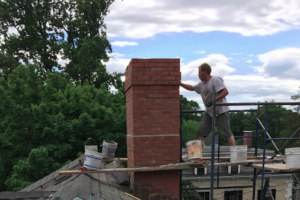 The Real Estate market is booming in New England and most are looking at homes with chimneys. Fireplaces add a charming look to any house and they provide warmth and a place to gather during the long winter months. Many homebuyers want to know, “how long do chimneys last” in order to decide if negotiating chimney repair during the purchasing process is warranted. Homeowners wonder the same thing as they try to keep up with regular chimney maintenance. Today, we will dive into how long the typical chimney lasts, along with how to know when to have your chimney rebuilt.
The Real Estate market is booming in New England and most are looking at homes with chimneys. Fireplaces add a charming look to any house and they provide warmth and a place to gather during the long winter months. Many homebuyers want to know, “how long do chimneys last” in order to decide if negotiating chimney repair during the purchasing process is warranted. Homeowners wonder the same thing as they try to keep up with regular chimney maintenance. Today, we will dive into how long the typical chimney lasts, along with how to know when to have your chimney rebuilt.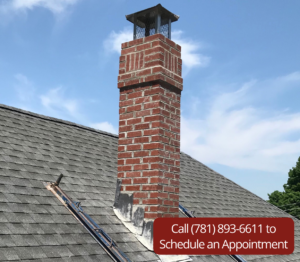
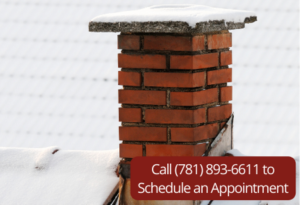
 The repellent “reacts with the minerals in masonry in the presence of ultraviolet light and atmospheric moisture. This reaction forms strong permanent bonds beneath the surface and creates a hydrophobic zone that prevents water molecules from penetrating, while allowing free migration of water vapors. The chemical bonds formed in this process allow ChimneySaver Water-Base Water Repellent to become an integral part of the substrate and provide long term water repellent protection.”
The repellent “reacts with the minerals in masonry in the presence of ultraviolet light and atmospheric moisture. This reaction forms strong permanent bonds beneath the surface and creates a hydrophobic zone that prevents water molecules from penetrating, while allowing free migration of water vapors. The chemical bonds formed in this process allow ChimneySaver Water-Base Water Repellent to become an integral part of the substrate and provide long term water repellent protection.”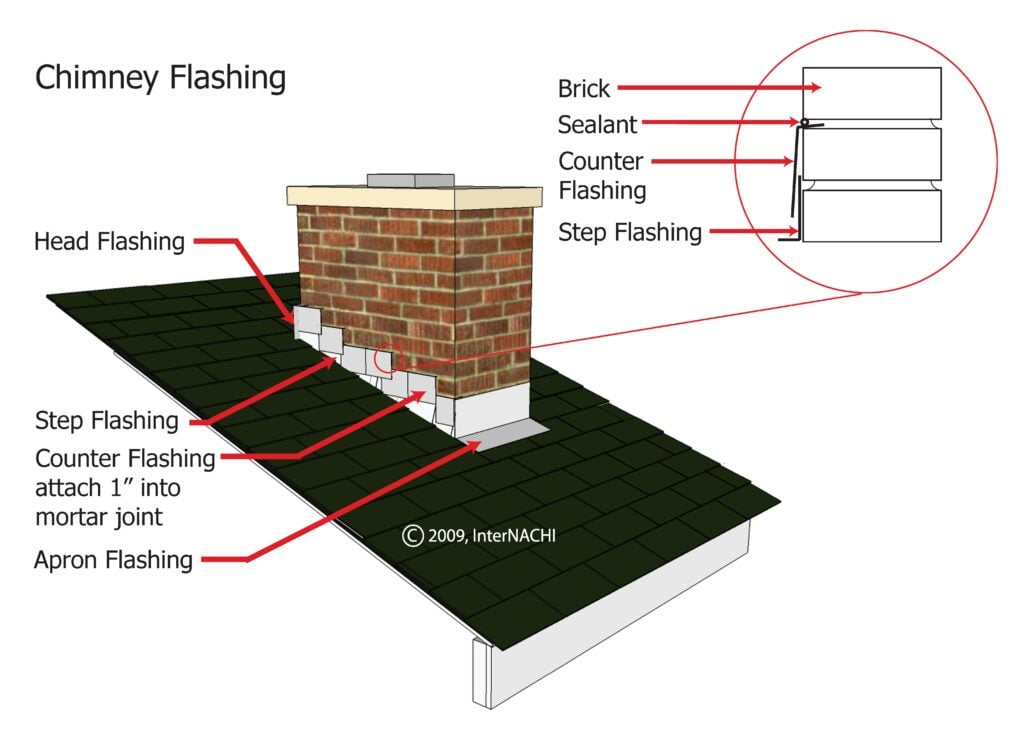

 Northeastern Chimney has been installing and servicing fireplaces for nearly four decades. We provide continuing education for our technicians and provide them with the most up-to-date equipment on the market.
Northeastern Chimney has been installing and servicing fireplaces for nearly four decades. We provide continuing education for our technicians and provide them with the most up-to-date equipment on the market.